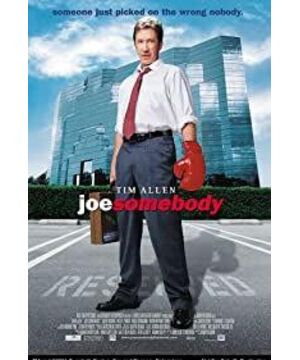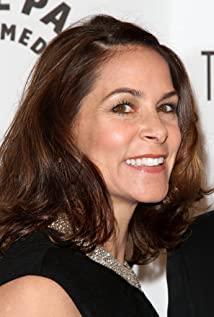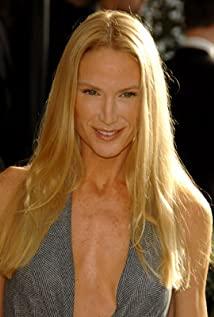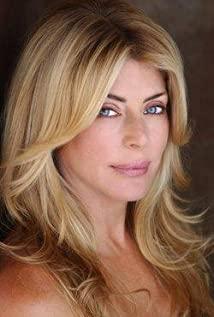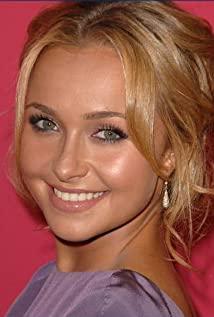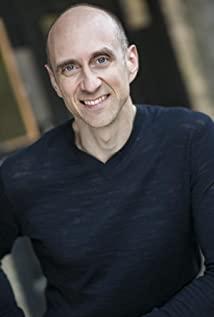——My opinion of deconstruction serving the structure
(pull film for filming service)
[ pull film of "Big Man Joe"
[Goal] Everyone wants to be a "big man", Joe Shaffer (played by Tim Allen) also No exception. But Joe always felt that he was an unknown person.
[Interference Event 1 (Career)] As a talented video expert at the Minneapolis pharmaceutical company, he often missed some promised promotion opportunities.
[Interference Event 2 (Emotions)] Joe's personal life is also a mess, but he still misses his ex-wife Cowley (Kelly Lynch).
[Conflict]
① The arrogant Mark McKinney (Patrick Warburton) in the office robbed him of his favorite.
② And when it took a lot of hard work to get a private parking space, Joe was the hardest hit.
③Mark McKinney even humiliated Joe in front of his precocious daughter Natalie (played by Hayden Panettiere), and things have grown from "normal" to a more serious point for Joe. Up.
[Turnover]
This incident prompted Joe to embark on a path to get justice for himself, or at least have to compete with Mark again.
Step 1: Start learning fighting with Chuck Scarret (Jim Bellesy). Chuck Scarret is a long-retired action star who eventually taught Joe more than karate Much more.
The second step: remodeling yourself, including a new hairstyle and outfit. Joe's plan has received many unexpected gains: as the news of his contest with Mark disappeared, he also began to smooth in the company and received an unexpected opportunity for promotion. He felt that the newly discovered self-promotion, the reputation and re-emergence of the company had excited him (one of which was Cowley's renewed interest in him), but his daughter Natalie made it clear that she liked the way her father used to be. Not this "new", changed dad.
[Comment] Another person who is very concerned about Joe's change is the courageous "good-hearted mediator" Meg Harper (Julie Bowen), Joe has tentatively pursued her. As the showdown with the colleague who once frightened him approached, Joe determined to show Meg, Natalie and everyone that this little man who was nothing before is now a big man who is not easy to deal with.
This movie can be called "American New Year Movie", with warm jokes, no violence and pornography, plus American ideals such as family supremacy and personal struggle, suitable for the atmosphere of a Christmas family carnival.
The two key figures in this film are both from the TV industry. Tim Allen is a very popular TV comedian. The old director John Paisquin has been in the TV circle for decades and knows the tastes of the audience. Their 1995 Christmas comedy "Santa Clause" (Santa Clause) was one of the top ten blockbusters of the year.
This "Big Shot" looks a lot like a reprint of "Santa Claus" from the current perspective. It tells that the middle-aged man has changed himself because of a turning point and also improved his family and career.
[Filming experience] I do
n’t have much experience in filming. I started filming feature films in my freshman year, documentaries in my sophomore year, and feature films in my junior year. There are very few shots and very few thoughts. Therefore, some people call our labor "mechanical repetition."
For a new school, for a new college, for few people know the major of film and television. Where is the breakthrough for students? My freshman year is theoretical study, I can learn photography skills appropriately, my second year is practice shooting, the third year is back to theory, and the fourth year is practice again. Only by repeating this cycle can you practice. The unification of technology and art is extremely difficult.
The sophomore documentary filming, in a nutshell, is a long shot of thought. The tentacles of thought should extend to the two basic quantities of film, time and space. And its format is the use of long shots in the form of records. The theory of long shots is very scarce for us. Long shots are a continuous long-term continuous shot that is not generally imagined. This is true in terms of technology, but in terms of art. If it's just a pure record, not an artistic creation. Without the author's thoughts, there is no art.
At this time, students can add a lot of experimental things. It is important to be a thoughtful person. And we often lack this one, blindly flowing into mediocrity and generalization. Simply to complete an assignment, not to create a work. The lack of thought has caused the lack of narrative in future story creation. The subject matter is single and the content is old.
All the chaos caused the confusion of students' thinking.
Junior feature film creation. Because of the weakness of the screenwriter's foundation, it was only possible to start from the most basic at the beginning. Write a story and start from scratch. And everything is contradictory, screenwriting skills and life experience (a kind of thought). It's still a matter of technology and art. Everything makes people feel not very artistic. Then learn technology. But is this time to learn technology?
I chose to be a producer. My skills are not enough, I have to learn slowly, my mind has been imprisoned for a long time, and I have taken a detour, and I have to run back quickly. While learning screenwriting skills, modify the script for practical shooting and be an excellent producer.
From the beginning of my freshman year, I felt that watching movies is a good way to learn film technology and art. But I have always been in a preliminary stage, to understand a story in the film itself, to understand its central idea. And has been working hard to implement it.
Therefore, I feel that the setting time of the pull film class is too late. Pulling film is also a combination of technology and art. The technicality and artistry of the film itself, and the technicality and artistry of the film are revealed through the film. Now it seems that the former is the foundation and the key.
How to make the perfect combination of technicality and artistry of pull-tabs? I'm afraid it will take a long paper to finish it. So below, I will combine practice to talk about how to learn in filming, so as to better practice filming.
The function of pulling film can be described as a living teaching material for filming.
One, screenwriting;
from Hollywood movies, we can clearly see the use of screenwriting techniques. In our Chinese traditions, we call it "transition, inheritance". The context is clear and smooth. While watching the film, we can become familiar with or consolidate our understanding and mastery of screenwriting techniques according to our actual situation.
Judging from our actual situation, if we can’t grasp it, the most fundamental reason is still no life. There is no accumulation of life and no goods in the stomach. Technique is dead, it is technology; thought is alive, it is the source, it is the reason why art can be called art.
And the act of surrendering to the last is improper. What we have to do is how to make technology inspire art. How to stimulate creative inspiration and imagination through such a way of pulling a film.
Second, the director's technique.
By watching the film, you can understand how a scene was shot. The same story is expressed in different ways in the hands of different directors. And how do you as a director perform this scene? The same scene in different stories will give people a completely different experience. The director has to go to school on the fly.
The most fundamental problem encountered now is the script problem.
1. The problem of the story itself.
Not attractive enough, not new, clichéd.
2. Good story, I don't know how to show it. It's not human words. The transition did not. The details are false, leading to unreliability.
Countermeasures:
1. It is still necessary to write a good script.
2. Implement the details, transition, and dialogue of the script.
Issues at the director level:
1. Come messing around, don't know the plot clues, don't know where to render, where to pause or be silent. Aesthetic corruption.
2. The control of the actors. The director must be familiar with the script himself, and know how to perform. In fact, many parts of the script are written based on acting principles. Screenwriter, performer, and director must be trinity in order to perform perfectly.
The purpose of writing this article, I think, is to continue to learn filmmaking in the filming process, and to reflect on the filming gains after filming practice, constantly looping back and forth and making continuous progress. So as to achieve the unity of technology and art. Learning is never too late, and growth is constant.
Three years are over, think about it, it should be more summarized to grow. It’s not good for God to know and I know, we must all know.
View more about Joe Somebody reviews


